
‘It’s time to aim high’: Rodney Croome on fighting for full LGBTI equality
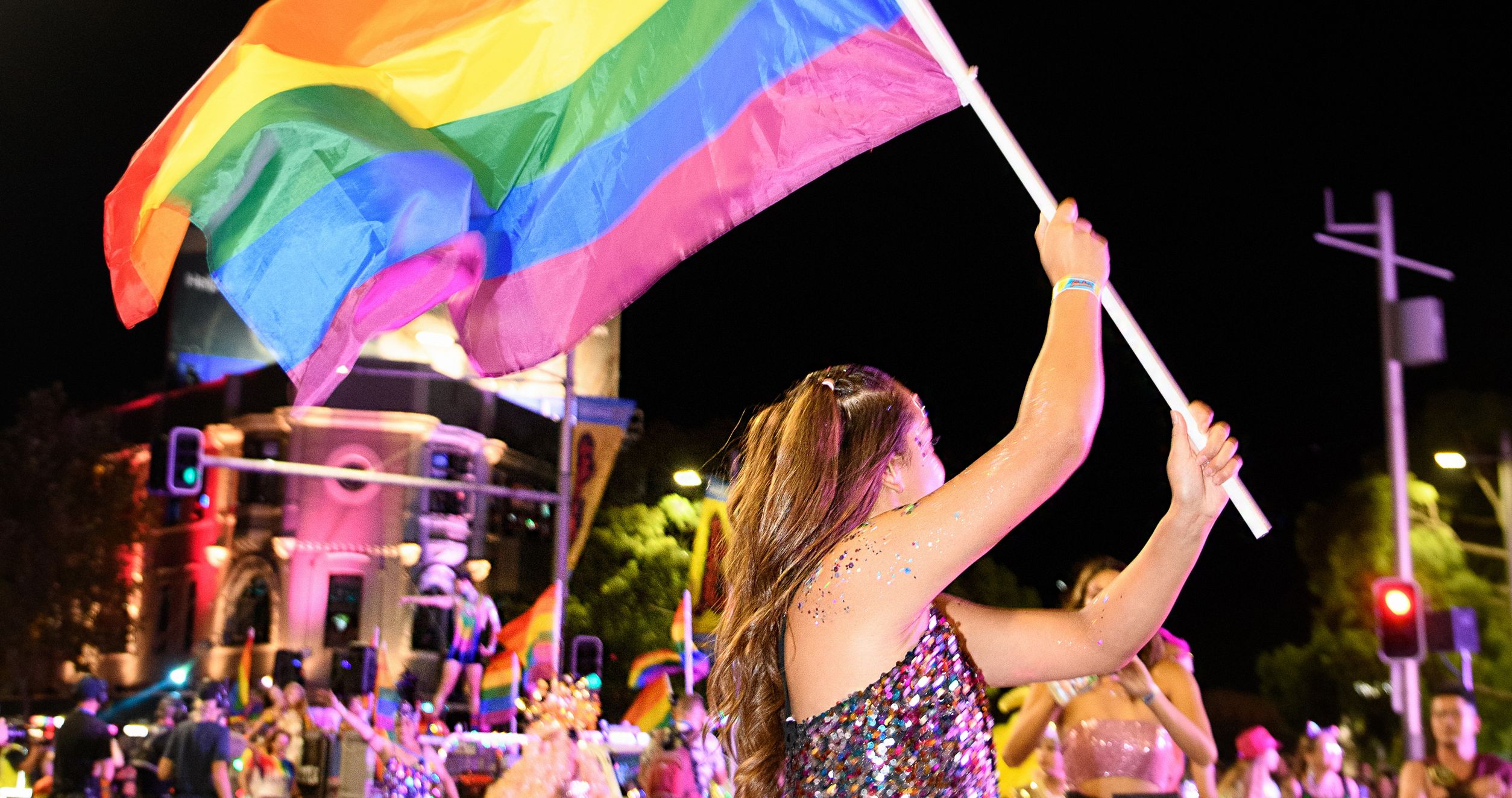
‘Fearless’ may have been the motto of this year’s Mardi Gras, but if the LGBTI community’s advocates and political representatives are to live up to it, we need to aim higher.
Like others, I welcome the commitment from Equality Australia, and from political candidates in the federal and NSW elections, to the removal of laws that allow LGBTI students and teachers to be discriminated against by religious schools.
But why is their public commitment limited to schools?
We should also be actively campaigning to remove exemptions that allow faith-based hospitals, welfare agencies, and charities to discriminate against their LGBTI staff and clients.
In Tasmania no anti-LGBTI discrimination by faith-based agencies is allowed – none at all.
Why are we content with a lower bar being set in other states and nationally?
To be clear, I’m not saying the organisations or candidates involved aren’t committed to wider reform.
My concern is that they’re not actively campaigning on these wider reforms.
The same problem exists on other issues.
The anti-transgender campaigns run during the postal survey underlined the urgency of broad law reform to remove inequities against transgender and gender diverse Australians.
Yet, in most of the states, trans law reform efforts have been limited to what had to happen anyway, the removal of the requirement that transgender married partners divorce if they want their gender identity officially recognised.
Where are the campaigns to remove the no-less brutal requirement that trans folk must have surgery to be officially recognised?
Apart from Tasmania, WA, and the Northern Territory, there have been no such campaigns.
The gay blood ban is yet another example.
Right now the Red Cross is conducting a review of its blood donor policy, yet, with the exception of some brave young gay men like Benjamin Dudman, virtually no LGBTI community voices have been raised against the current ban.
It is unbelievable that our leaders are silent on a reform that would both remedy the stereotype of gay men as a threat to public health and provide people in need with more safe blood.
Banning conversion therapy is another area where there should be no ambivalence.
Some advocates have balked at criminal sanctions saying they would be too hard to enforce and would drive perpetrators further underground.
These were exactly the excuses used in decades past in response to calls for stronger action against child sexual abuse by clergy.
Just as the full force of the law is now deployed against clerical child abusers, so it should be deployed against those who torture LGBTI people in the name of God.
Finally, there’s the reform as close to my heart as any, true marriage equality.
The 2017 federal legislation allowing same-sex couples to marry was the worst in the world. It had caveats allowing new forms of discrimination to replace the old exclusion from marriage.
One such caveat allows civil celebrants, who are delegated by the government to perform an official government duty, to opt out of their responsibility not to discriminate by declaring themselves ‘religious celebrants’.
Another allows commercial businesses with a religious link to refuse to serve same-sex couples intending to marry, even if the main purpose of the business is to make money.
LGBTI people were assured these caveats wouldn’t change anything, but that was a false promise.
Four hundred civil celebrants have said they want the right to be able to discriminate against us.
Thanks to the constitutional status of the federal Marriage Act, LGBTI people who were previously protected under state law from discrimination by faith-linked businesses are no longer protected.
As bad as these caveats are in themselves, they set a terrible precedent for rolling back equality in the name of ‘religious freedom’.
To underline the point that the 2017 reform was not true marriage equality, the title of the relevant legislation doesn’t even include the word ‘equality’.
Instead the Act admits, openly, in black and white at the very top of the page, that it’s about “religious freedom”.
When some Australian states decriminalised homosexuality they replaced the outgoing law with new restrictions on LGBTI people that were no less onerous.
In some states LGBTI people had to wait twenty years for the caveats to be repealed.
I’m not prepared to wait that long for true marriage equality.
If, as seems possible, there is a Labor Government nationally, our organisations and candidates should be campaigning now.
In 2017, 62 per cent of Australians voted for equality. With that firm majority behind us, we should be aiming for full equality in every sphere of our lives, from school to employment, from birth certificate recognition to blood donation, and accessing services to marriage.
Anything less is a betrayal of those who campaigned for equality and those who will benefit from it in the future.




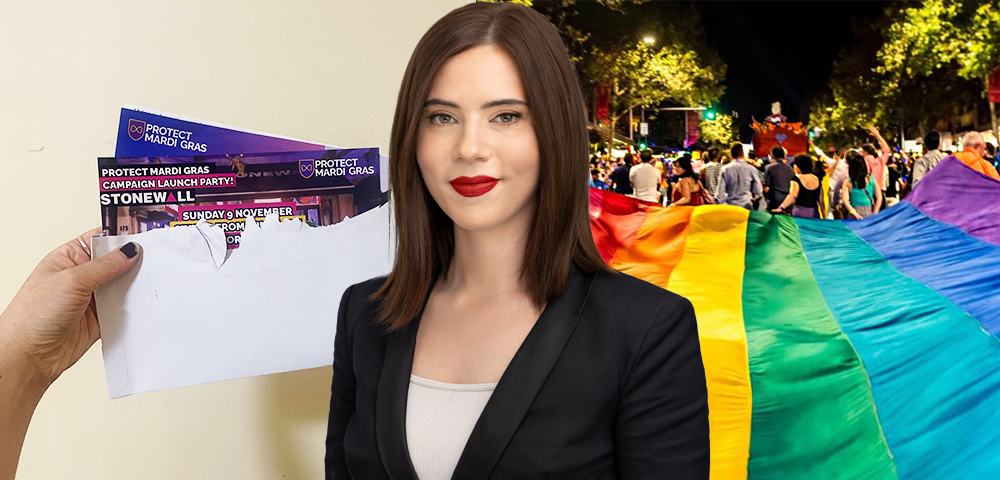
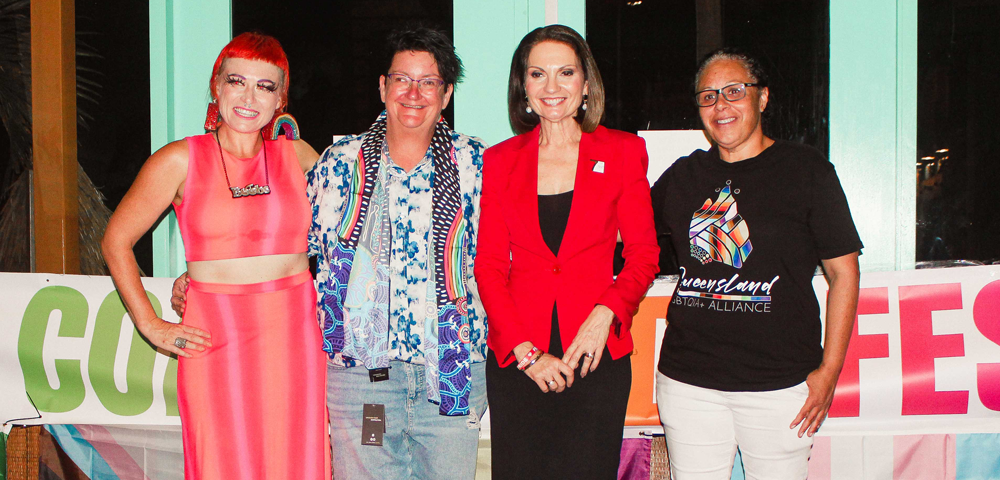
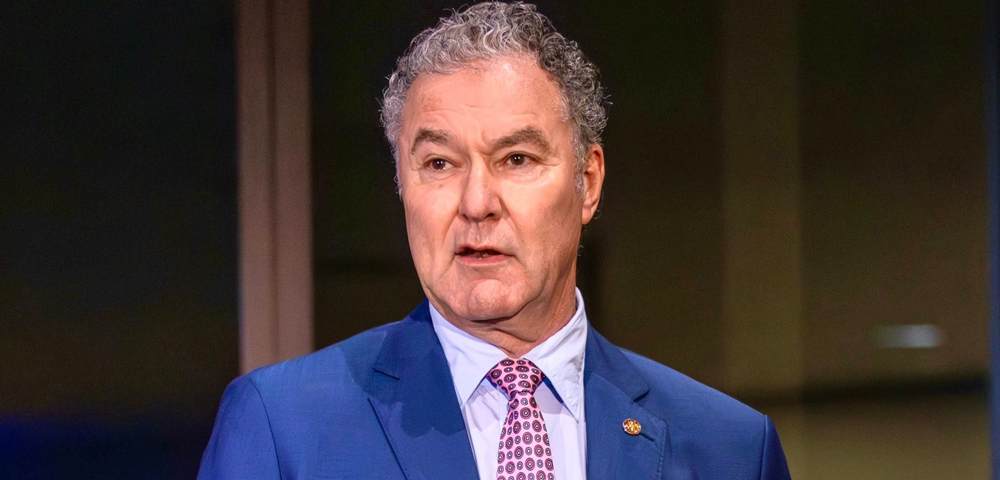

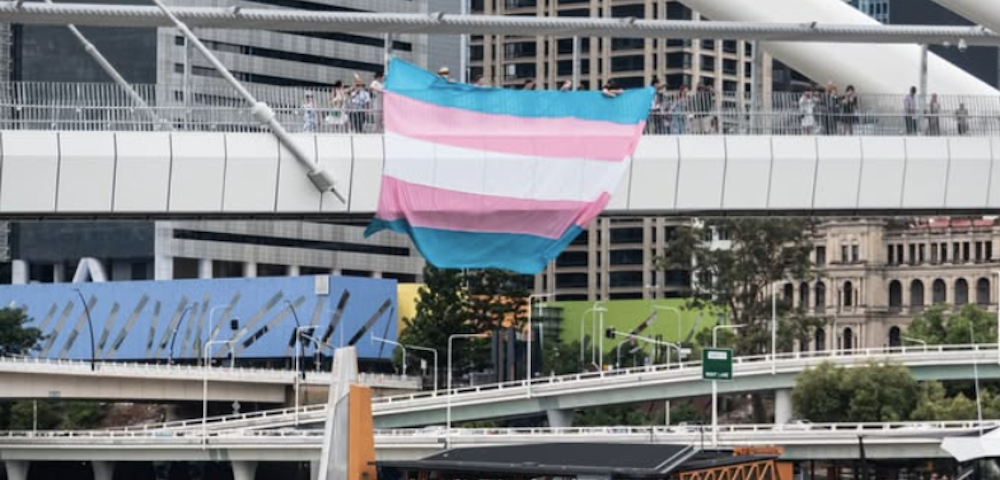
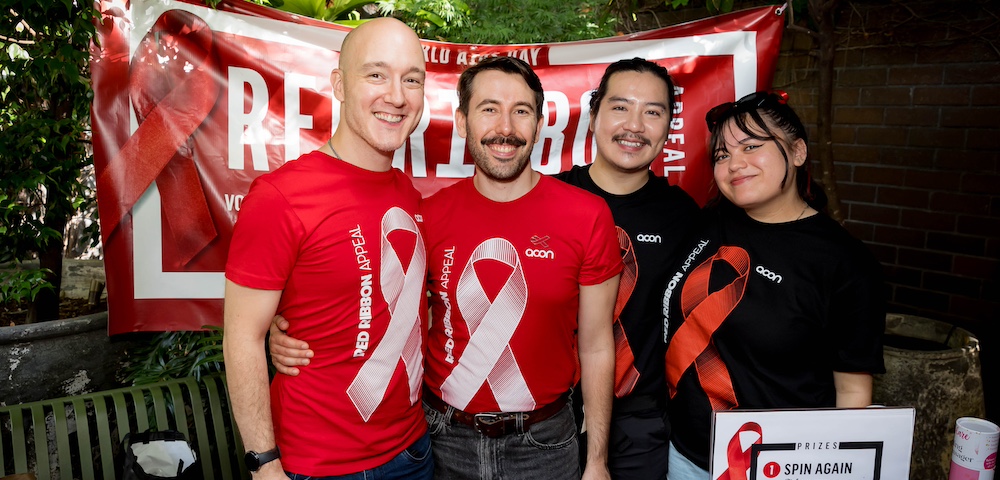
We still have a long way to go towards LGBTIQ equality! Even women’s rights, just look at the explicit NSW abortion laws still in effect after 119 years within the Crimes Act 1900 sections 82, 83 and 84. All outdated religious exemptions have to be repealed as well as the stupid and silly legal requirement for transgender people to have “sexual reassignment surgery” (how nice of them, all because of Fred Nile holding the balance of power in the upper house of NSW). Also Australia needs an explicit national, consistent and uniform bill of rights or human rights legislation – and repeal all draconian and archaic state, territory and federal anti-discrimination laws immediately.